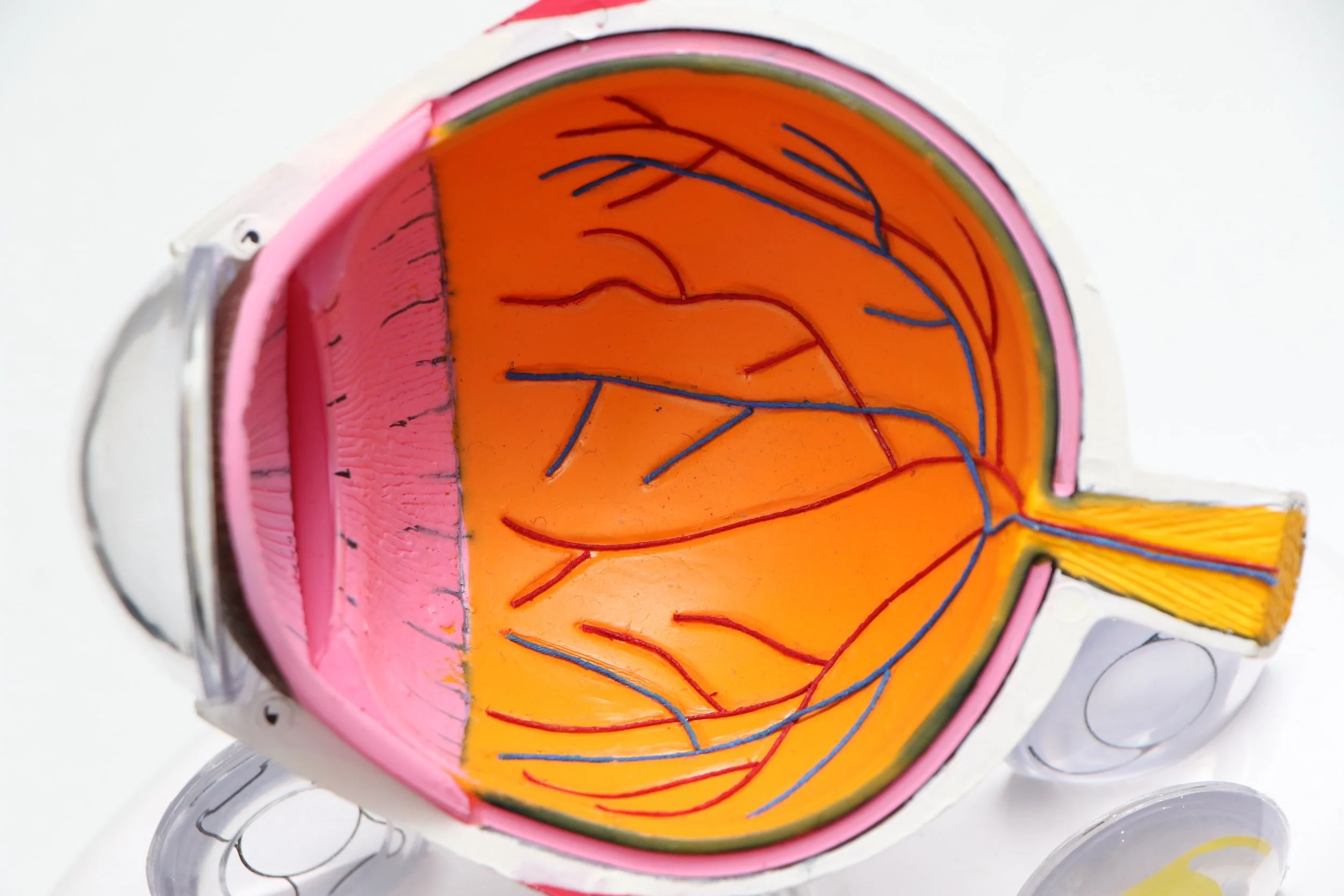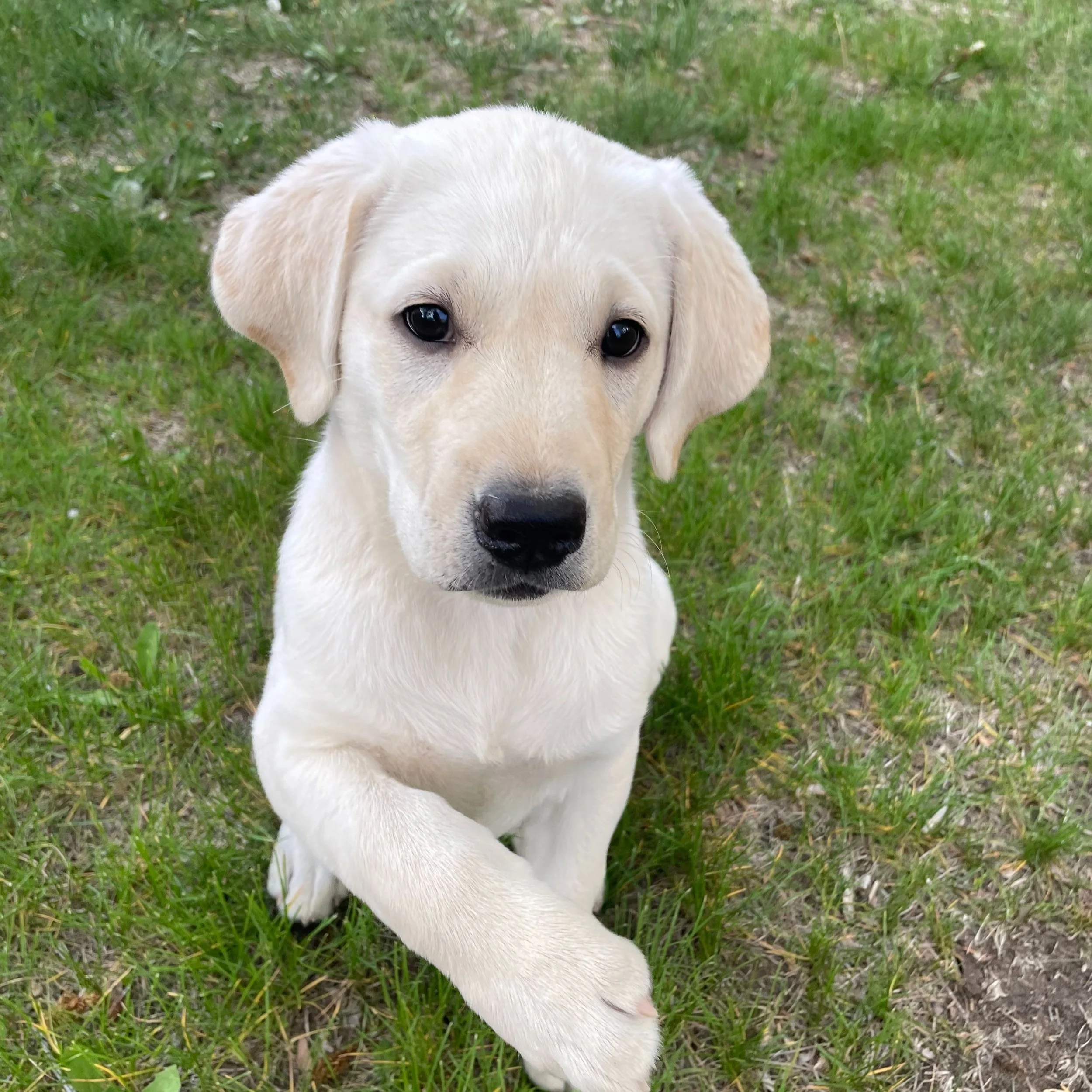Dog is my copilot
Since I last wrote about my puppy, things have been hard. I thought she was teaching me about freedom, and growth, and finding my way out of a rut. All good lessons to learn. But then things got complicated.
After sending her to training camp, I gave her more freedom. I left her alone in the yard.
She ate something awful that clogged her gut. The vet cut her open, found the problem, and stitched her back up. For three weeks I had to keep her from running. We took the edge off with tranquilizers—for her, not for me.
But every time I looked at her, I was angry about the $7,000 bill. I felt stupid for not having insurance, and guilty for not protecting her. I thought, if she can’t play, maybe I shouldn’t either. I tried to make up for my mistake by staying close to home and watching her heal.
I thought about my parents, dead long ago, and the dogs we had as a family. I knew they would have taken Speckles or Otto or Cocoa to the vet and come home with an empty leash. They would have said: We did all we could.
Surgery would have been out of the question. No guilt. No tears. And certainly no money withdrawn from savings—if they even had it—to keep an animal alive.
It’s been six weeks, and Greta’s stitches have healed. I‘m almost over my guilt, and soon I’ll forget the money. Greta has gone from “Greta the Great” to “Persona NonGreta” and almost back again. Today, she’s “Greta the Good.” And maybe that’s enough.
Meanwhile, I continue to learn things—unexpected things—from this dog.
We romanticize the past. Once our dogs (and our humans) mature, we forget what they put us through. We forget the torture of midnight excrement, the trauma of toddlerhood, and the travesty of adolescence. “Fading effect bias” is a coping mechanism that helps us recall positive memories over negative ones. If we didn’t do this, we’d never EVER have another child, try another relationship, or get another dog.
It’s okay to need a break. When I was a single mom, I often needed time off. Sitters were expensive but the psychic cost of feeling trapped was so much greater. Now, when I’m overwhelmed, I send Greta to a play place. The house feels empty and strange, but I can forget about her for awhile. She comes home tired, and I’m refreshed.
But we’re in it together. Every animal in my life has had special needs. So has every man, woman, and child. There only can be ease if we let everyone—everything—mature at its own pace. Have a little faith in the process. Work—and play—together. Believe we’re not alone.
Greta will soon turn one. She’s less round now—more long, and tall, and lean—and she’s losing her puppy smell. It will be a long time before she slows down, and for that, I should be grateful. No matter the weather, taking her out for a walk or a run is better than staying home.
When I got this pup, I imagined she’d be the last one of my life. I’d had wonderful animals in the past, but she’d be less neurotic than Charlotte, and smarter than Joey. She’d help me let go of Ruby, who was my favorite of all. And because I would do everything right, she’d live 14 or 15 years. I’d be close to 80 when she died.
This Greta: She would be my best copilot yet—camping and hiking and going to the beach. With my son grown up and gone, I’d have another heartbeat in the house. Without such a creature, this next stretch of my life would be unbearably lonely.
But I realize now this is a lot of pressure to put on a dog. And even more to put on myself.
So here’s the new plan.
While keeping us both reasonably safe, I’ll let Greta romp and play and be a dog. She’ll run hard, get dirty, and collapse in a heap at the end of the day. When she gets sick—which inevitably she will—I’ll have insurance to help with the bills.
She’ll make new friends, behave reasonably well, and be loyal and generous to those who show her love.
She’ll take aging in stride.
And I’ll try to do the same.






